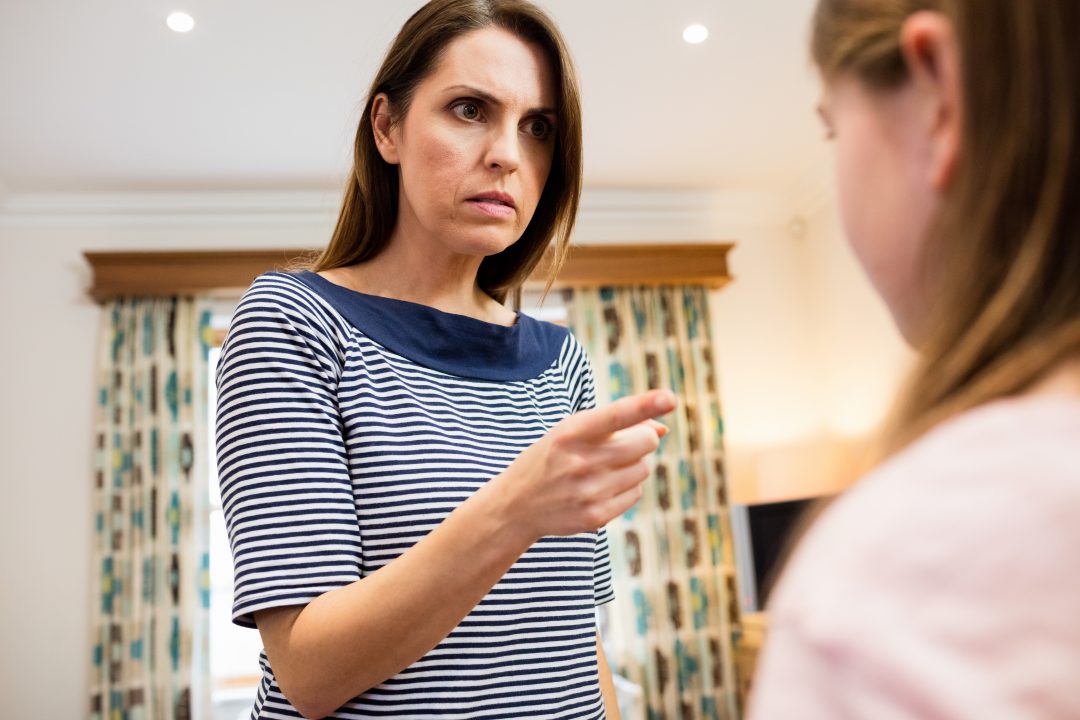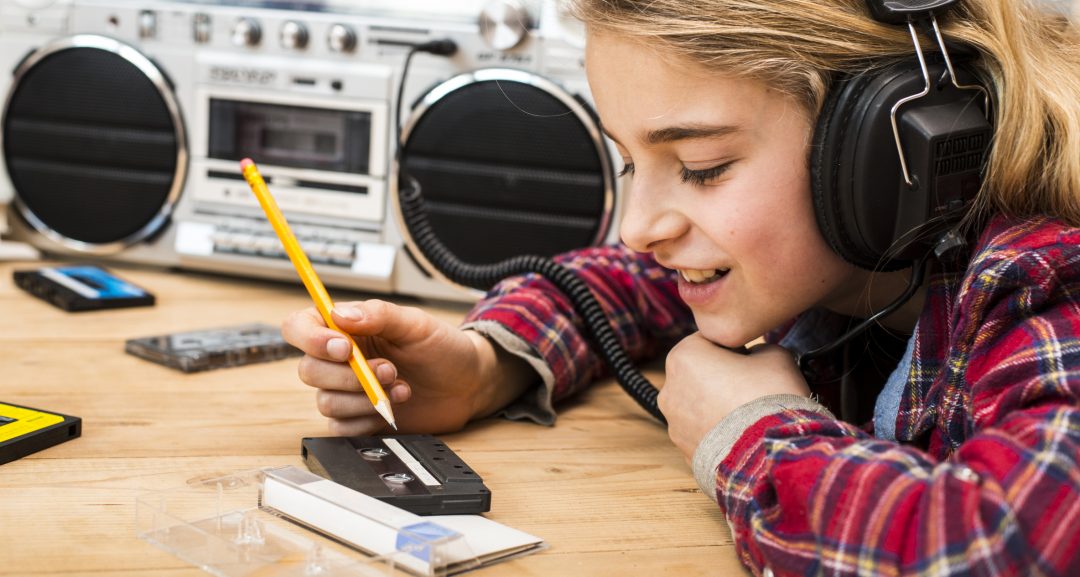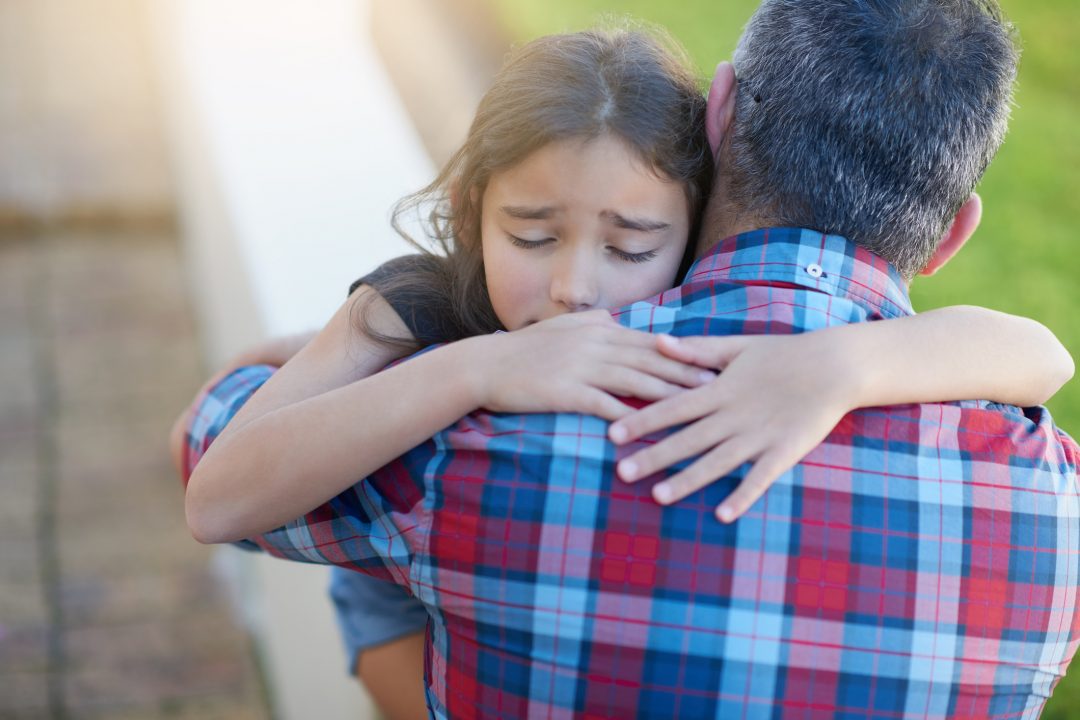Empowering Parenting: Ending Power Struggles with Kids
Categories: General Parenting
Have you ever been to a street market in a country where haggling is the norm? The vendor states a price, the customer suggests a lower one, both feign outrage at the other one for their cheek. They each try to reason, cajole, bargain or manipulate to gain the upper hand. Eventually, someone gets tired and the other person gets what they want.
This is basically my life as a parent.
In a lot of interactions with my kids, I’m the exhausted vendor at the market, trying to convince my children to buy what I’m selling. We argue and negotiate about the smallest things, from who has to walk the dog to who has the prime spot on the couch. It seems like everything’s up for debate and nothing is just accepted by the younger members of the household. Honestly? It sucks.
Now, my parents were of the generation that just responded, ‘Because I said so,’ whenever we kids tried to dispute their ruling on something. We did what we were told, or we got in trouble. Some parents of this generation ruled by fear, others with a wooden spoon, others with emotional blackmail. It was basically a dictatorship, but it was culturally normalised and all my friends’ families were the same. Honestly? It sucked.

I knew I didn’t want to be like that as a parent. I didn’t want to be the boss of the household, laying down the law without listening to my kids or respecting them as people. I envisaged a home where everyone would get a say, but the parents would ultimately call the shots, because the kids trusted us to make good decisions and respected our wisdom. LOL.
What I’ve ended up with is children who speak their own mind so loudly that they can’t even hear me or my partner when we’re shouting (and we’re often shouting). They don’t respect my wisdom, they are quite uninterested in my thoughts on things, and they believe our rules are like an opening bid at an auction – just somewhere to start negotiations!
I don’t want to live like this anymore. I want my kids to be empowered and feel respected, but I also need them to just listen to me and do as I say (at least sometimes), because there are times when I do know better than them. I believe our children are our equals as people, but not always equal when it comes to making decisions. They don’t have the depth of experience, understanding and perspective to inform their thinking as we do. Try telling them that.
So, what do I do? Run my home like a boot camp? Resort to the ‘rule by terror’ parenting regimes of yesteryear? No way. I knew there had to be a middle ground, and there is.
Here’s what it looks like:
How to be the captain of the ship in your children’s lives
When parents interact with our kids, we are usually in one of three positions: Captain, the Two Lawyers or Dictator, says Susan Stiffelman.
‘When the person in charge is lovingly positioned ‘above’ the other person, we call this being the captain of the ship. Then, when the parent and child are arguing on the same level, this is called the ‘two lawyers’. A lot of us parent from this place, where we argue, battle, negotiate and have power struggles with our kids. We do a lot of lecturing, explaining and justifying. But then there’s another variation, where the child refuses to do what we want, so we bribe or threaten them. The parent feels out of control, so they overpower the child. This is the dictator position. Dictators rule by intimidation and threats. They feel desperate and out of control.’
SUSAN STIFFELMAN
In his video on parenting styles, Dr Justin Coulson calls this dictator position the ‘authoritarian’ style, and he’s not a fan, either. ‘The authoritarian style of parenting – where we use our power to manipulate and cajole and coerce our children – actually just pushes unwanted behaviour underground. Kids get sneakier.’ What’s more, the research suggests that children who are raised in an authoritarian home tend to really resist authority and be rebellious, Justin says.
We also don’t want the other end of the scale, where we let our kids get away with murder.
‘If a parent is consistently permissive, children grow up without limits, so they tend to struggle with them in places like the classroom, and they may also have regulation issues.
DR JUSTIN COULSON
So, what we want as parents is to restore the balance so we can be the captain of the ship again, says Susan. The power struggles we have with kids are about how we see our role as parents and position ourselves in relation to our kids, so we need to look at what it is that we’re trying to achieve. Kids need to feel safe and secure, and that doesn’t happen when there are too many boundaries OR no boundaries. When we parent from a place of respecting our kids and also ourselves as parents, we’re comfortable that we have authority when it matters, but we don’t abuse it.
We have limits, and we are loving at the same time. We give reasons for our decisions, but we don’t debate them endlessly. We are in charge, but don’t seek control over our kids. In return, they trust us, and get those feelings of security and safety.
‘It’s comforting for children to know there’s someone in charge. They want to know that we can handle whatever happens in their lives.’
SUSAN STIFFELMAN
This is called ‘autonomy-supportive parenting’ says Justin Coulson, and it’s the way of the future. ‘Autonomy-supportive parents do three things well. They explain things clearly and set limits, they explore their child’s world and look at things from their perspective, and they empower them to come up with solutions that work.’
‘So, next time you’re interacting with your kids,’ suggests Susan, ‘ask yourself (without judgement), whether you’re in captain mode, lawyer mode or dictator mode. Reflecting on it is the first step. We’re all trying to learn and grow as parents and change some of our old patterns and ways of reacting. That’s why we’re here.’
Preach.





